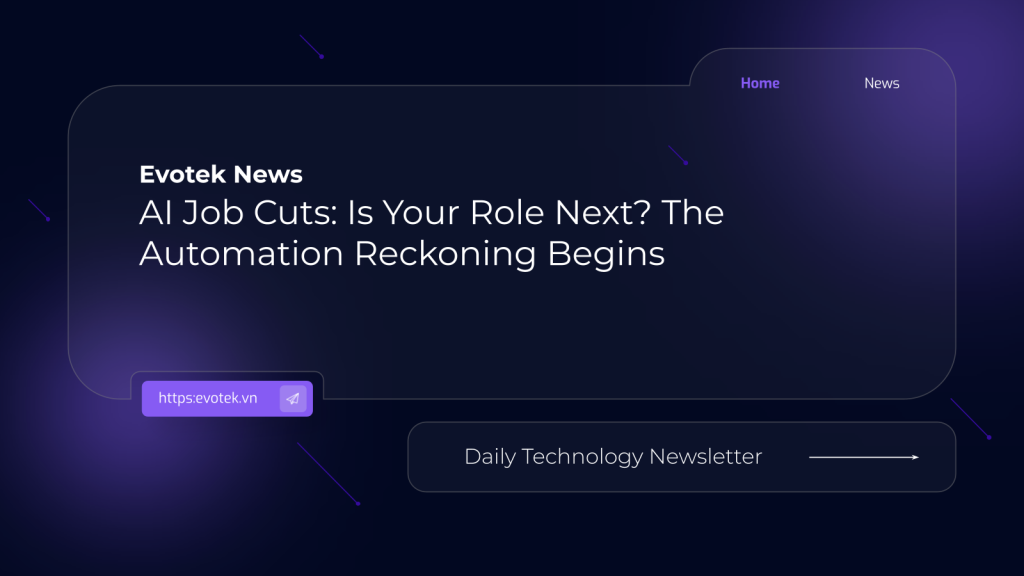The rise of artificial intelligence is not just about groundbreaking innovations; it’s also triggering a seismic shift in the job market. From tech giants to traditional corporations, companies are increasingly leveraging AI to automate tasks, leading to a wave of layoffs that’s impacting knowledge workers across various sectors.
The Human Cost of Automation
Simplice Fosso, a Head of Security Operations, experienced this firsthand when his team’s functions were rendered obsolete by a machine-learning system. His story is not unique. Many white-collar professionals, including copywriters, web designers, and software developers, are facing similar anxieties as AI encroaches upon their domains.
Unlike previous automation waves that primarily affected manufacturing jobs, this new era targets roles requiring cognitive skills and expertise. This shift is unsettling, leading to a sense of being replaced by something “better” and faster, creating a feeling of moral aversion and uncertainty.
Beyond Replacement: The Ripple Effect
Anne Glaberson, a seasoned tech industry veteran, was laid off despite strong performance reviews. She observed a pattern in the layoffs, affecting older employees and more women, highlighting that AI’s impact extends beyond direct job replacement. Companies are reallocating resources towards AI initiatives, impacting even high-performing individuals.
Pivoting to the AI Frontier
In the face of job displacement, many are proactively embracing AI. Glaberson founded her own AI-focused startup, while Fosso retrained in AI analytics. Mark Quinn, after being laid off, created “Job Hunt GPT” to navigate the job market, ultimately landing a role in AI operations.
Collaboration is Key
Quinn emphasizes that AI should be viewed as a collaborator, not just a search engine. By embracing AI and learning to work alongside it, professionals can adapt and thrive in this evolving landscape. However, the human cost of AI adoption cannot be ignored.
An Uncertain Future
Even those building AI systems acknowledge the ethical dilemmas and emotional toll of automation. As AI continues to evolve, the need for proactive adaptation, reskilling, and a focus on human-AI collaboration becomes increasingly critical.
Are you prepared for the age of AI?
- Upskill: Invest in learning AI-related skills.
- Adapt: Embrace AI as a collaborative tool.
- Evolve: Stay informed about AI advancements and their impact on your industry.
Learn more about AI and its impact on the workforce.

 日本語
日本語 한국어
한국어 Tiếng Việt
Tiếng Việt 简体中文
简体中文